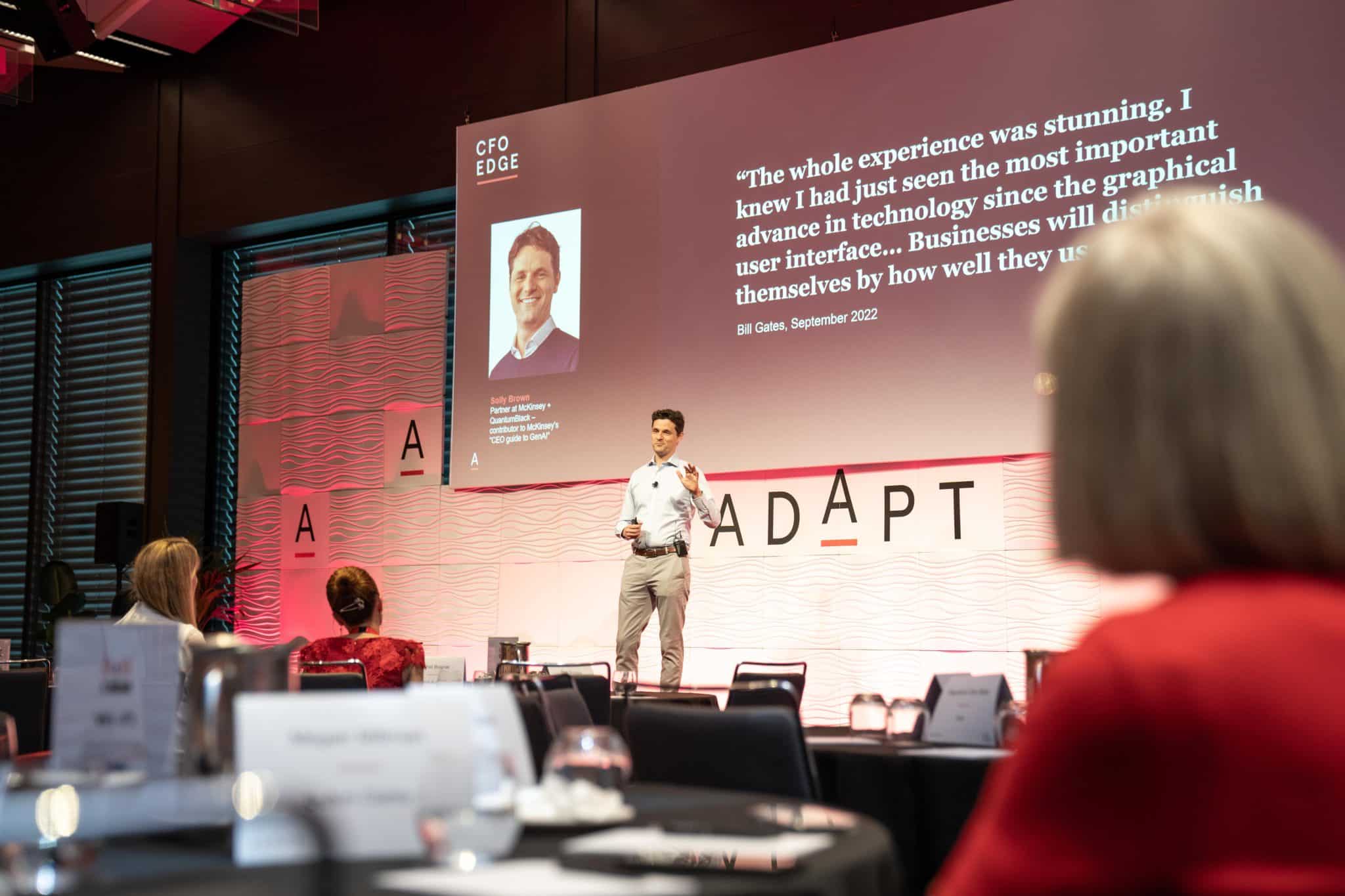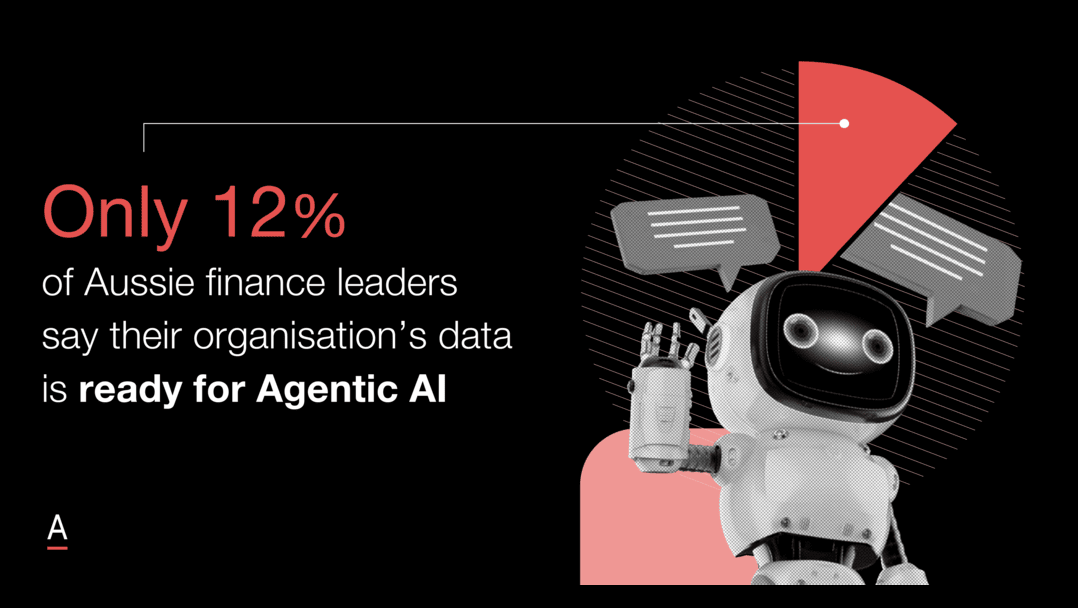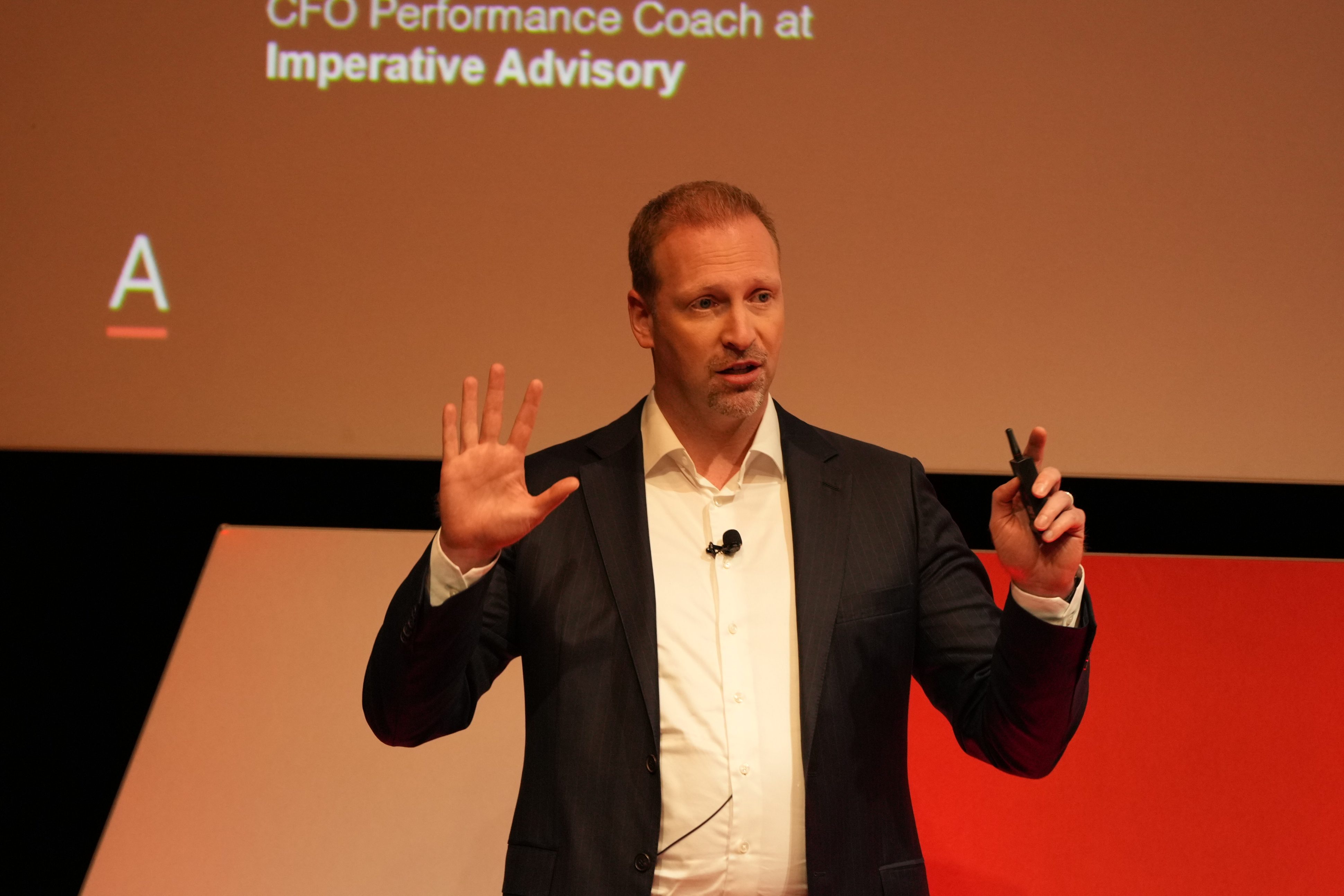McKinsey’s CFO Guide to Gen AI: Does it Matter, What is the Risk, and What Should You Do?
In this presentation, Solly Brown Partner at McKinsey + QuantumBlack – contributor to McKinsey’s “CEO guide to GenAI”, discusses the potential impact of generative AI and its applications in various business functions.In this presentation, Solly Brown Partner at McKinsey + QuantumBlack – contributor to McKinsey’s “CEO guide to GenAI”, discusses the potential impact of generative AI and its applications in various business functions.
QuantumBlack is McKinsey’s AI, and highlighted its roots in Formula One analytics.
The central question addressed was whether generative AI is just hype or if there is substantial value.
Generative AI is distinct from other technologies and could have a significant impact, citing Bill Gates’ challenge to OpenAI as evidence.
Solly highlights three key points in relation to AI: impact potential, capturing opportunities, and the role of CFOs in the context of generative AI.
He identifies content synthesis, creative content generation, and customer engagement as primary application areas, highlighting generative AI’s broad impact across industries.
Analytical AI’s value in predictions and forecasts is also underscored. McKinsey’s research supports the notion of generative AI’s incremental impact.
The need for a comprehensive strategy is essential to avoid falling into the experimentation trap. Solly touched on domains, strategy, technology, operating model, and talent as key components of a successful AI implementation.
He encourages a forward-looking approach, suggesting that organisations move beyond proof of concepts and integrate AI into their operational processes for meaningful impact.
The role of CFOs in shaping AI strategy is essential. Focus on holding the bar for investments, identifying and measuring value, being a lighthouse within their function, and addressing risks associated with AI implementation.
Ongoing experimentation coupled with a strategic approach to generative AI across various organisations is crucial.
Key Takeaways:
- Generative AI’s impact potential: Generative AI is distinct from other technologies, and its impact is expected to be significant. The incremental impact of generative AI, particularly in content synthesis, is considerable and complements analytical AI.
- Areas of impact: These include content synthesis (virtual experts), creative content generation (marketing, contracts, coding), and customer engagement (chatbots, call centre support). The technology’s versatility allows for broad applications across various industries, with potential productivity improvements in finance, customer operations, and other functions.
- Strategic approach for CFOs: CFOs can play a role in navigating the adoption of generative AI. They should actively contribute to defining a comprehensive strategy, focusing on domains rather than isolated use cases.CFOs can ensure a clear understanding of the value generated by AI investments, monitor and manage the flow of value, act as lighthouses within their functions, and contribute to risk management by understanding potential risks and ensuring strategic alignment. CFOs should prioritise scaling initiatives that demonstrate tangible value in business operations





























